Authorities in the Islamic Republic are using various programs and speeches to encourage women to comply with the government's desired dress code, while the Morality Police continues its aggressive enforcement against those who oppose the mandatory hijab on the streets.
Recently, two ministers of the Islamic Republic commented on women's clothing in ancient Iran.
In line with this, another government official announced changes in fashion, aligning it with government-approved designs.
Sajjad Lotfi, the organizing secretary of the fashion and clothing working group of the government, has revealed plans for a "fashion and clothing festival," a "respectable fashion festival," and the introduction of the "Shima Code" to oversee clothing design and production.
He stated, "We need to provide models that replace the hijab styles."
The term "hijab style" refers to veiled bloggers who promote fashion trends, brands, and different ways of wearing the chador and tying scarves and shawls.
They aim to show that hijab "does not hinder fashion and beauty."
However, in the past two years, government media have repeatedly criticized these bloggers.
For instance, the Javan newspaper wrote that hijab bloggers have caused some religious groups to "stray from the philosophy of the hijab."
Fars news agency accused hijab bloggers of evading law, Sharia, and customs, claiming they undermine the "true purpose of the hijab, which is to prevent showing off."
Lotfi announced that the "dignified" fashion festival would replace hijab styles, indicating a shift in the government's approach to promoting acceptable fashion.
The fashion and clothing festival, which has been held for years alongside coercive measures against non-compliance with mandatory dress codes, has seen 11 rounds in Tehran and other cities.
These festivals aim to present "models of chaste clothing, reflecting Iran's historical, cultural, and religious background."
Despite these festivals, authorities also impose strict dress codes through directives.
The ongoing harsh treatment of women opposing compulsory hijab highlights the limited success of these festivals in attracting women to "Islamic fashion."
Sociologist Saeed Peyvandi told IranWire that the government's efforts in women's clothing and fashion "are predictably unsuccessful because they encroach on an area that does not belong to them."
He added, "Society itself determines fashion, and government intervention disrupts the natural relationship between the fashion market and society."
According to Peyvandi, what people wear cannot be dictated by the government, as choosing one's clothing is a natural right.
The "Noor Plan" implementation has also seen numerous accounts of violent arrests by police and special units targeting women who defy the mandatory hijab.
Since April 13, Iran's law enforcement agencies have been intensifying the enforcement of hijab regulations under the "Noor Plan."
There have been numerous reports of women being arrested and harassed for perceived violations of dress codes across Iran.
Users across social networks are participating in a spontaneous campaign using the hashtag "war against women" to document their experiences and observations regarding the government's crackdown on the opponents of the mandatory hijab.
Reports have also emerged detailing repressive tactics, especially targeting female students in various universities.
Additionally, there has been increasing pressure on civil activists, political dissenters, women political prisoners, and cultural figures.




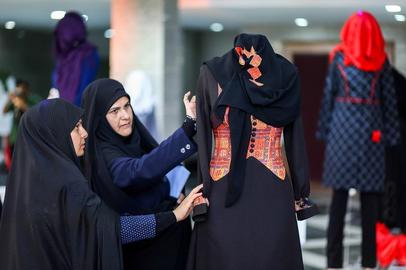
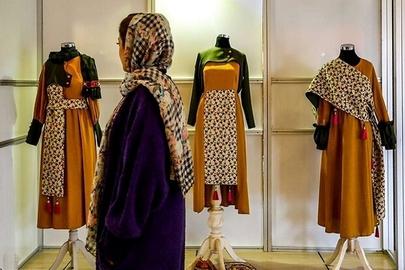
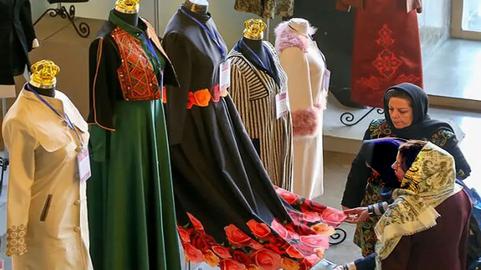


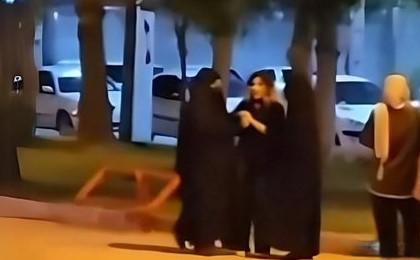
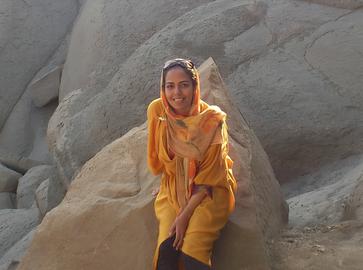
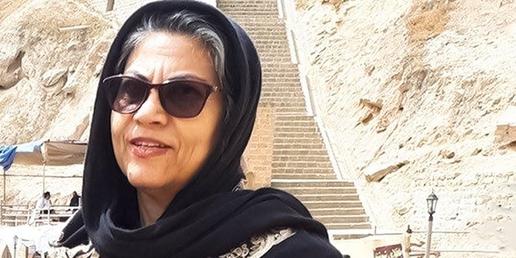






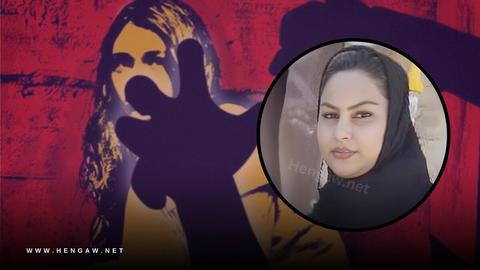





comments